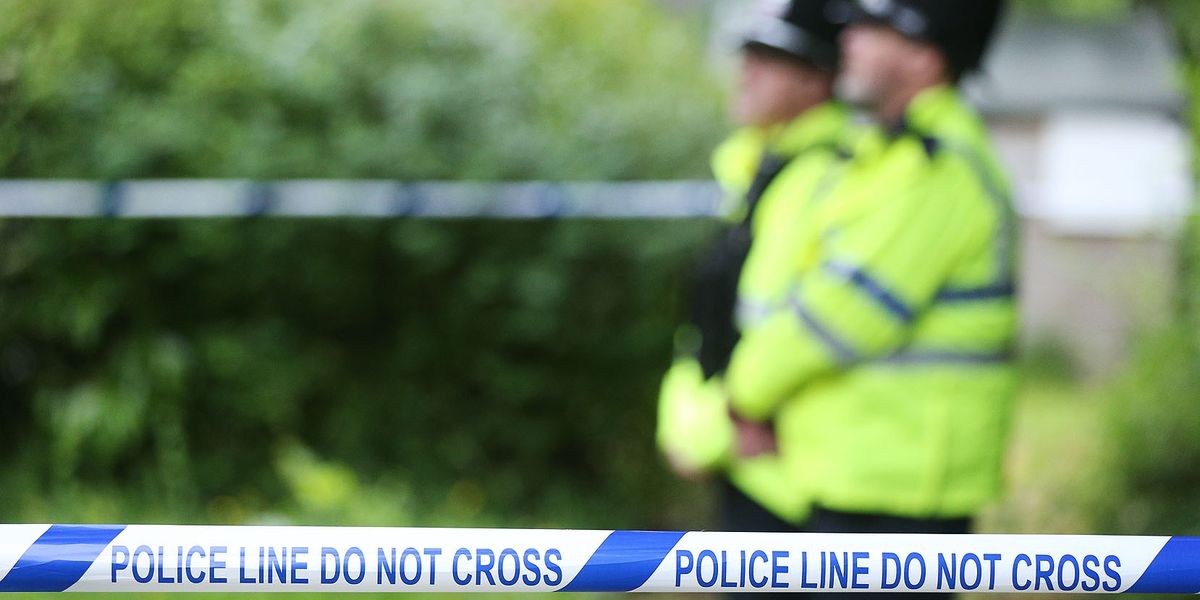Just days after Donald Trump emerged victorious in the US presidential election, and with the implications of his return to the White House still sinking in, national security took center stage in South Korea.
Inevitably, given Trump's transactional approach to international relations and the pressure he applied on Seoul the last time he was in office, many are now asking if South Korea should develop its own nuclear deterrence.
Han Dong-hoon, chairman of the ruling People Power Party, told a seminar arranged to discuss the future of South Korea's nuclear weapons policy that there were upsides to Trump's victory.
"Acquiring nuclear potential — that is, having the right to enrich and reprocess uranium — is not nuclear arms possession per se," The Korea Herald quoted Han as saying. "But we would be capable of moving on to that stage at any moment if North Korea escalates its nuclear threats," he added. "I think we should be prepared for such a scenario amid the shifting power dynamics and world order."
North Korea–South Korea relations reach new low
Nuclear weapons 'may be the only path left'
Another politician, the retired army general Han Ki-ho, went a step further and suggested that South Korea effectively no longer has a choice.
"For South Korea's survival, nuclear armament may be the only path left to us," he said.
Any decision on developing a domestic nuclear weapons capability, however, would face significant resistance.
Moreover, nobody really knows the position that the new Trump administration will take on the security concerns of its allies when it starts work in January, or how that position would change in response to outside events.
"Rhetorically, nuclear weapons are on the table," said Mason Richey, a professor of politics and international relations at Hankuk University of Foreign Studies in Seoul. "And that will be significantly affected by how the Trump administration approaches the alliance with South Korea and how it approaches the relationship with North Korea."
"In general, the more the Trump administration denigrates and neglects the alliance with the South and the more it shows signs of wanting to reach an arms control deal with North Korea that provides Pyongyang with nuclear weapons status, the more South Korea will entertain its intention of obtaining its own nuclear weapons," Richey explained.
That concern will be heightened if, as has been speculated, Trump pursues an agreement with the North that bans its development of the long-range missiles — the kind of missiles that could be used to threaten the US mainland with nuclear weapons — in return for the West effectively accepting North Korea as a nuclear power. Such a deal would provide no assurances to South Korea, whose capital city is only 50 kilometers (30 miles) from the North Korean border.
Recent surveys have shown that around 70% of South Koreans now favor the development and deployment of an independent nuclear deterrent.
NATO to expand defense cooperation to Indo-Pacific
Costly, complicated process
Nevertheless, Richey pointed out that having a nuclear weapon is not something that could happen overnight in the South, and that the cost of development and maintenance of such weapons extremely high.
And with the left-leaning Democratic Party in control of the South Korean parliament, the allocation of the billions of dollars that would be required for a nuclear arsenal is effectively impossible. Yet another hurdle would be the resistance from people living near nuclear installations out of concern they would be targeted in the event of a conflict.
And while South Korea does have a civilian atomic energy sector, it has signed an agreement with the US to not obtain the fissile material required for a weapon. Richey believes that a Trump administration may be willing to let South Korea out of its treaty commitment, although Washington is "unlikely to give it away for free."
Lim Eun-jung, a professor of international studies at Kongju National University, said Trump's picks for his new Cabinet suggest that he will take a firm line on North Korea and therefore remain committed to the defense of the South, meaning an independent nuclear deterrent capability is not required.
"Now Trump is making his appointments, it is clear he is choosing people who will be firm on North Korea and China and I do not feel that the next US government will be very different from the [Joe] Biden administration," she told DW.
Evidence of North Korean troops in Russia emerges
Trump's cabinet picks
Trump has named Pete Hesgeth as his defense secretary and Marco Rubio as secretary of state. Both men are seen as hawks when it comes to America's rivals in Asia.
"The South Korean government really does not want to be bypassed by the US and for Trump to directly communicate with North Korea on issues that affect our national security,” Lim said. "Seoul does not want the US to underestimate the importance of our alliance."
Richey said the issue of South Korea potentially developing and deploying nuclear weapons will rest with Trump. "I think the alliance will experience significant friction because of the overall outlook under Trump, which included security burden sharing, trade and other factors, which could lead to negligence or even active toxicity towards Washington's allies."
Edited by: Srinivas Mazumdaru

 By Deutsche Welle (World News) | Created at 2024-11-14 12:51:20 | Updated at 2024-11-22 05:44:37
1 week ago
By Deutsche Welle (World News) | Created at 2024-11-14 12:51:20 | Updated at 2024-11-22 05:44:37
1 week ago








